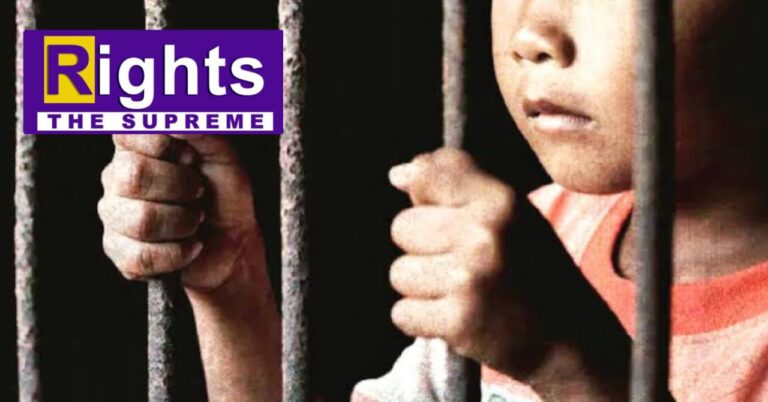“The word ‘Juvenile’ refers to the person who is not mature enough and considered as minor in the eyes of law. Juvenile delinquency means the involvement of the minor in the wrongful acts and offences. This social issue impacts the individuals, families and society and increase the probability of crimes in the nation. This mindset of committing offences in this early age formed by various consequences and makes a kid criminal that destroys many lives. The law provides legislation for the juvenile justice that the crime rate does not increase.”
Juvenile justice is important for resolving the issue of involvement of child and adolescent in the unacceptable acts. There can be several issues like advancement of technology and economic growth which leads to extreme modernization and deviant activities that attracts children. Family and parenting style can be a major reason for juvenile delinquency because children learns from home and usually they observe everything around them like illegal activities in the house like domestic violence, alcohol intake, major fights. These things affects the child’s mindset and make him more prominent towards wrongful activities. Several changes in lifestyle creates differences in the thought process of minors.
Indian legislature provides various laws regarding juvenile justice follows as:
Juvenile Justice and Delinquency Prevention Act 1974.
The Rehabilitation Act.
The Youth Promise Act.
Juvenile Justice (care and protection of children) Act, 2015.
These Act include laws for the juveniles who commits crimes and prevent them by rehabilitation, reintegration strategies as they addresses underlying issues such as substance abuse and mental health disorders.
Some other solutions to juvenile delinquency can be:
Addressing Systemic Inequities: To address the systemic issues such as poverty, discrimination, and lack of access to resources from which one may have the urge to do delinquent act is essential for preventing juvenile delinquency and also to promote equity and social justice.
Prevention Programs: To mentor kids and adolescents at earlier age is necessary, if we really want to decrease the juvenile delinquency cases. Mentoring life skills training and after-school programs, will provide positive alternatives to delinquent behavior.
Community Engagement: Communities can do efforts to prevent crimes through neighborhood watch programs, youth outreach initiatives. Society can play a big role in preventing juvenile delinquency by addressing local issues, which may can turn into heinous crime if it is not addressed.
JUDGEMENTS –
In the case of J.J. vs state of Haryana Supreme Court stated that a juvenile cannot be sentenced to death or life imprisonment even for the heinous crimes.
In the case of Sheela Barse v. Union of India (1986), Supreme Court observed that children must not be confined to prisons like adult criminals, as it would affect them in a negative way and impact their growth or development.
Juvenile justice evolving like it prevents children from committing unacceptable acts which affects their life and family badly and which are not right infront of the law.

